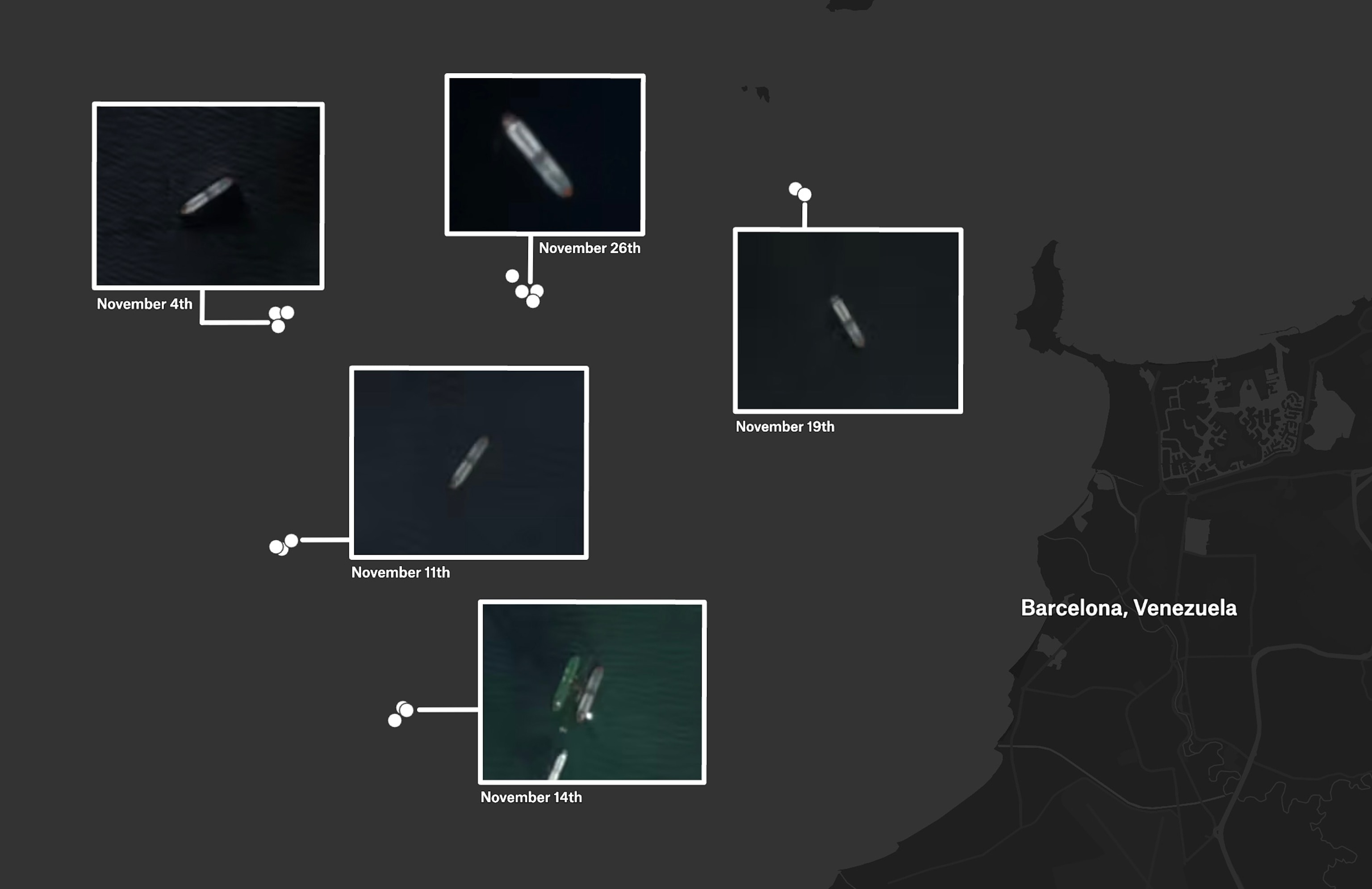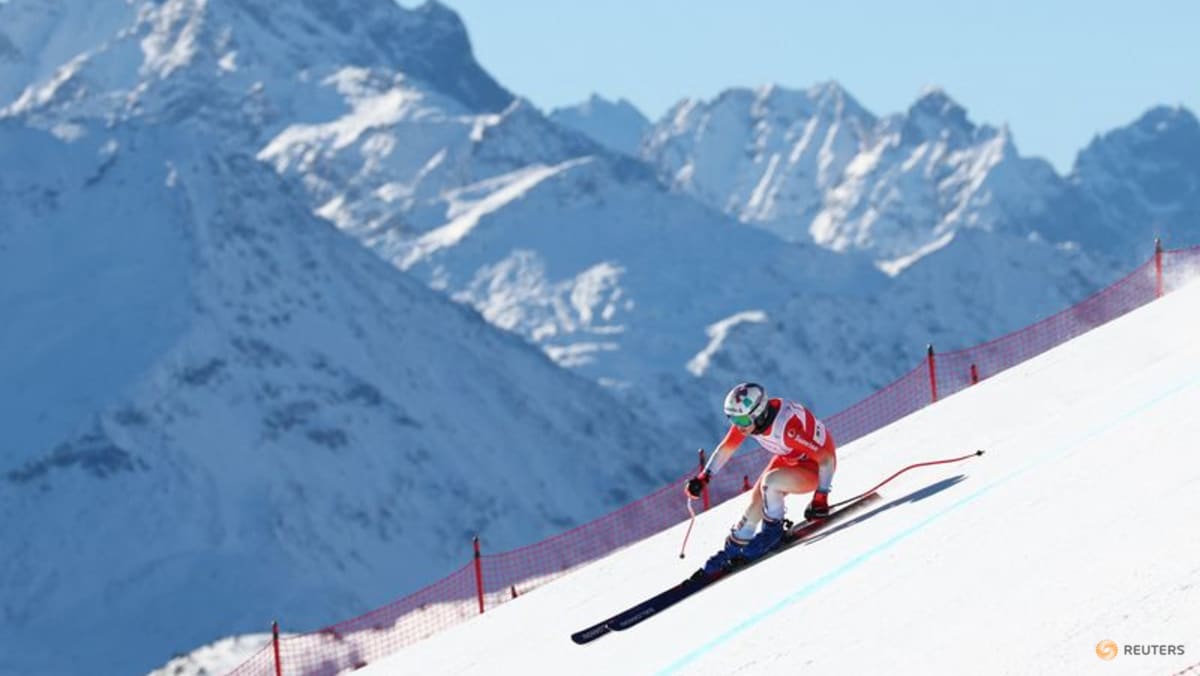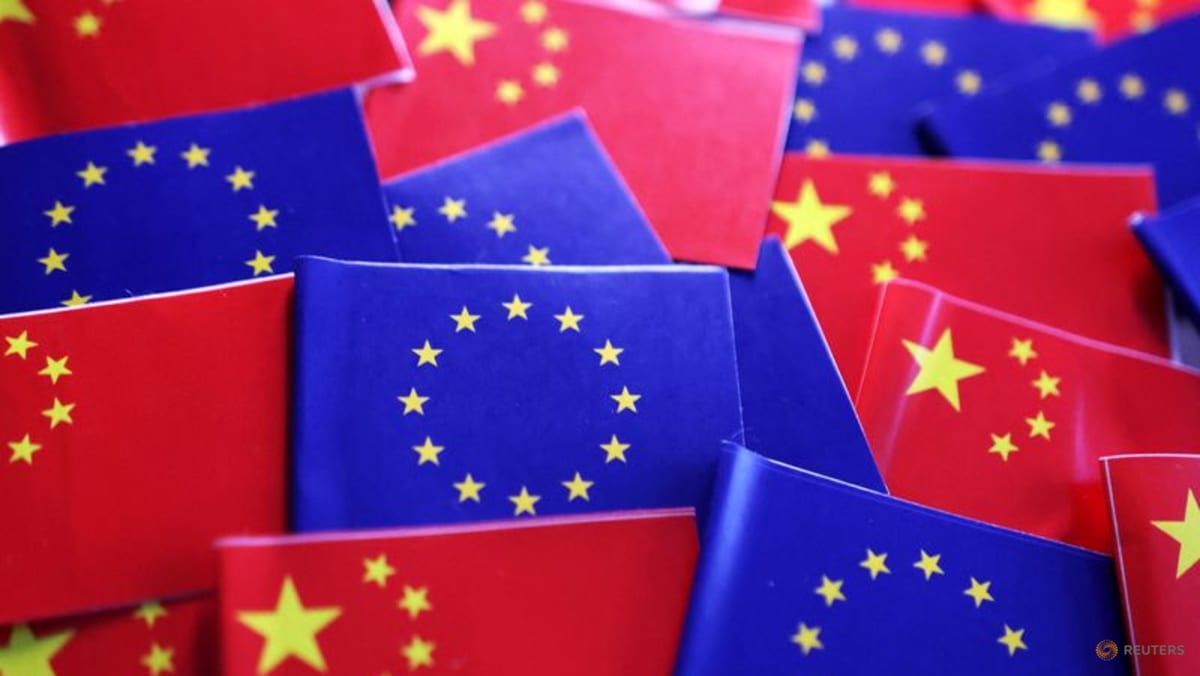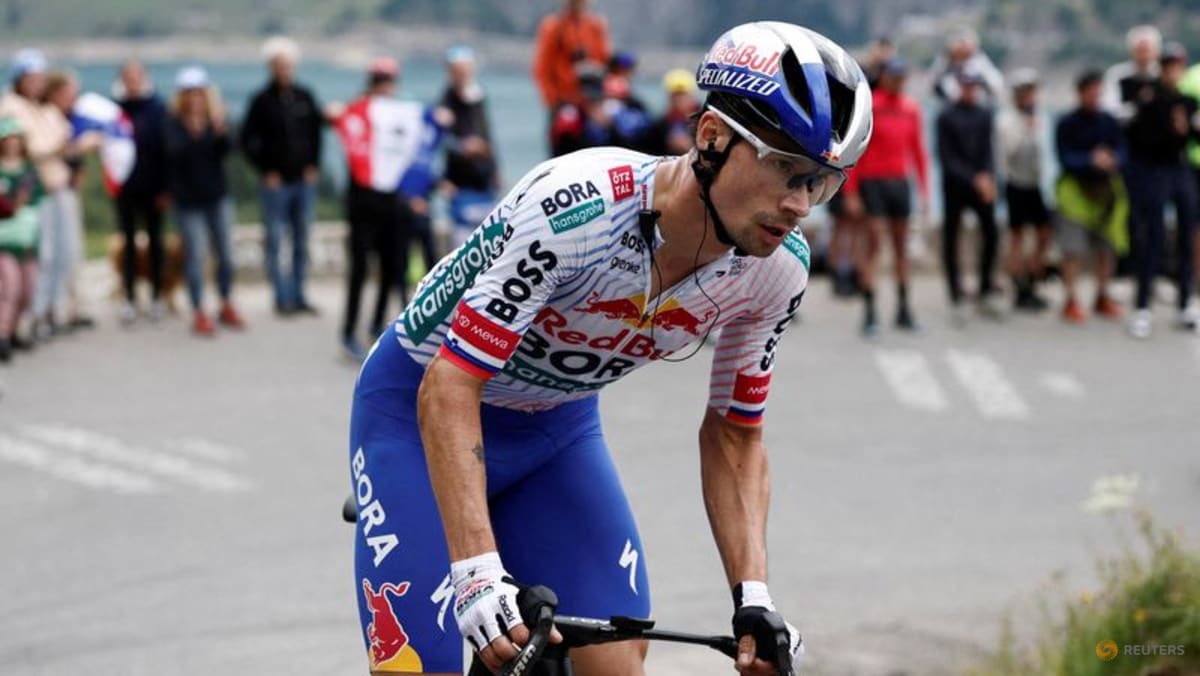High-end art market suffering poor sales due to economic, geopolitical pressures

IMPACT OF ECONOMIC, GEOPOLITICAL PRESSURES
“When you look at the art market, we deal in passion. And mood is a big part of that,” said India Phillips, UK managing director of global auction house Bonhams.
“With everything that’s been happening this year, we were kind of expecting a lot of turbulence,” she added.
She pointed to major global polls, including the UK general election in July and next month’s United States presidential election.
“There’s been so much political change that I think that has naturally kind of impacted people’s confidence or their ability to make quick decisions,” she said.
Auction house Christie’s, for instance, recently opened its new Asia-Pacific headquarters in Hong Kong with a sale that included masterpieces by Claude Monet and Vincent van Gogh.
But both men’s paintings sold at the lower end of their estimates, continuing what is on the whole been a poor year for the high-end art world.
SOME SELLERS UNWILLING TO GET LOWER PRICE
Those selling the rarest and most valuable lots only have one chance at the auction to get the highest price, and some would rather wait a few months for conditions to improve before doing so.
Many in the top tier of the industry believe change will only come next year, a survey has found.
Meanwhile, for the mid-tier market, it is a different picture.
In West London, Chiswick Auctions has not seen much variation this year, suggesting that it is more insulated from the global situation.
“Mid-market auction houses, which is the vast majority of auction houses in the world, will do well by selling consistently across all of the price points, rather than just one or two in the very, very high figures,” said the auction house’s executive director Nick Greenwood.
“They tend to weather the storms of the economy very well. If you’re looking at lots that are in the hundreds or the low thousands, (they don’t) tend to be affected very much by the recession or boom. It tends to be quite steady.”
Source: CNA















